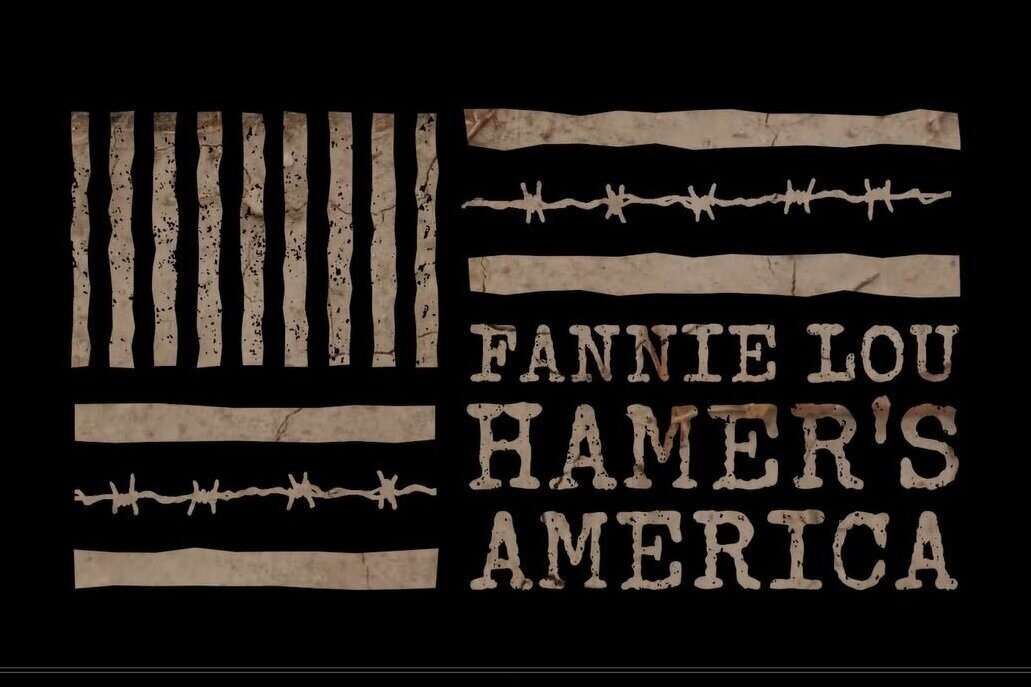Personal Testimony
of
Lawrence “Larry” Fishman
Following in her mother’s footsteps Rose was engaged politically.
She participated in protests against war and nuclear weapons and was featured and photographed in local newspapers. She attended the 1948 Progressive Party Convention in Philadelphia, Pennsylvania. Former Vice President Henry Wallace who also served as different Cabinet Secretaries in the FDR administration ran as a third-party candidate for the Presidency. The Progressive Party was a very left wing organization and far ahead of its time. They believed in the end of all forms of Jim Crow (segregation), government ownership of the power industry, extending the welfare and social security systems, and a more accommodating stance toward the Soviet Union.
Rose soon joined the fight for Civil Rights and became a member of The Students Non-Violent Coordinating Committee (SNCC), one of the most important groups in the civil rights movement of the 1950’s and 1960’s.
She also attended the March on Washington on August 28, 1963.
In the Summer of 2013, one of Fannie Lou’s daughter, Vergie, on a whim tracked me down as she remembered the family name and the return address. (Fannie Lou adopted two daughters and then two grandchildren after the older daughter’s death). Vergie recalled appreciatively receiving care packages from Rose of clothes and presents through the mid 1970s. Over forty years later, she still felt the generosity and love from Rose.
I was quite young during the visits, so it is difficult to remember many details. The photo of myself with Fannie Lou playing on the floor has always reinforced my memory of her presence with my family.
I also enjoy the photo of Fannie Lou, my father and myself - as you can see the amusement in their eyes as they look upon the five-year-old me!
My parent’s activist has been a deep sense of pride for my brother Paul, my sister Debbie and me. And their lives continue to be an inspiration.”
(All photos of Rose Fishman and (left) Ralph and Larry Fishman with Fannie Lou Hamer courtesy of Larry Fishman)
“Rose and Fannie Lou”
“My mother, Rose Carver Fishman, was the daughter of Jewish immigrants from Eastern Europe whom came to America in the early 1900s. Her father began his American life as a clothing peddler in the streets of Boston. Rose inherited her passion for social justice from her mother whom was jailed and fled the old country for her politics.
Social activism came early for Rose from protesting the draft (post WWII) to serving as a delegate to Henry Wallace’s Presidential Campaign in 1948 for the Progressive party.
She was an outstanding student and had tremendous “saychel” or common sense. Rose always knew things. She was a Quiz Kid. “Quiz kids” was a Chicago based radio program popular in the 1940’s and 1950’s which later became a television program. She was a local finalist, but did not make it to the national round in Chicago.
One summer she attended the Encampment for Citizenship, a liberal camp run by the New York Society of Ethical Culture located in New York State. Eleanor Roosevelt who was on the Board of Directors came to speak to the campers and Rose was inspired. Her visit had an enormous, motivating influence on her life and her future social activism. The camp was attacked as “socialist” during the McCarthy Red Scare era of the 1950’s and Martin Luther King, Jr. was later a supporter.
It was through her work at SNCC that she met and became friends with Fannie Lou Hamer. Rose developed a personal friendship with Fannie Lou when she was speaking in the greater Boston area and needed a place to stay.
It was a relationship that Rose cherished.
Fannie Lou referred to Rose as her “second mother” for all of the financial support, along with clothes, bedding and other gifts that she received. She confided to Rose her deep emotional and physical anguish that is heartbreaking to read.
Rose was careful to save the many letters they exchanged understanding their historic significance and I recall her telling me when she donated them to the archive.
The letters reference clothing and other items that were collected and sent down. For many years, Rose would reach out to the local community to solicit items that she carefully washed, folded, and packaged.
The archived letters reflect the impact of those gifts and the appreciation that was felt by Fannie Lou.

